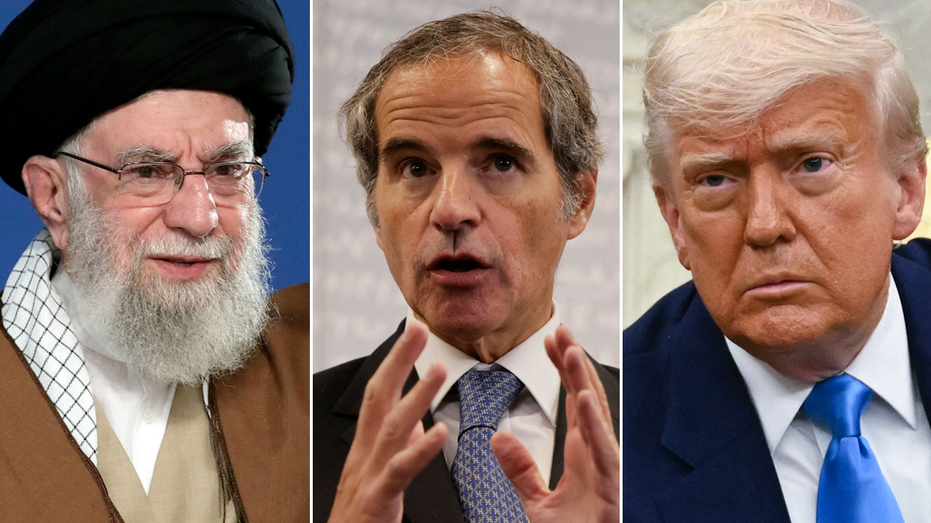UN Nuclear Watchdog Expresses Doubt Over Iran's Nuclear Program, Cannot Confirm Peaceful Intentions
IAEA reports Iran has sanitized nuclear sites and boosted near-weapons uranium by 35%, amid Khamenei's staunch rejection of U.S. proposed denuclearization efforts.

Iran's ongoing refusal to cooperate fully with the United Nation's International Atomic Energy Agency (IAEA) has deepened international concerns over the true nature of Tehran’s nuclear program. Despite repeated claims by Iranian officials that their activities are entirely peaceful, the IAEA's Director General, Rafael Grossi, emphasized that the agency has been systematically denied access to critical nuclear sites. Grossi also warned of efforts to sanitize these previously monitored facilities, making it increasingly difficult for independent inspectors to verify the absence of prohibited military dimensions in Iran's nuclear undertakings.
The IAEA has not received technically credible responses from Iran regarding the presence of enriched uranium particles discovered at locations including Varamin, Marivan, and Turquzabad—sites linked to previous nuclear work. These findings, dating back to 2020, have fueled suspicions that Iran may, once again, be pursuing a nuclear weapons capability in spite of its public commitments under the Non-Proliferation Treaty.
In a stark statement, Director General Grossi noted, "Unfortunately, Iran has repeatedly either not answered, or not provided technically credible answers to, the Agency’s questions." He highlighted that deliberate actions to cleanse and alter the suspected locations have directly impeded the IAEA’s verification activities, underscoring a growing gap in global oversight of Iran’s nuclear ambitions.
The situation comes at a time of marked escalation in Iran's uranium enrichment efforts. According to the most recent IAEA report, Iran’s stockpile of uranium enriched to near-weapons-grade levels has surged by nearly 35% within just three months. As of May, inspectors found approximately 408.6 kilograms (about 900 pounds) of uranium enriched up to 60%, a level regarded as only one technical step away from weapons-grade enrichment—enough material to potentially produce up to 10 nuclear warheads.
On the diplomatic front, negotiations between Iran and world powers appear deadlocked. Iranian Supreme Leader Ayatollah Ali Khamenei last week forcefully rejected a U.S. proposal aimed at curbing Iran’s enrichment capabilities, publicly declaring such terms as “100% against” Iran’s interests. The precise contents of the American offer remain undisclosed, but Iranian officials insist it includes no provisions for sanctions relief—an issue Tehran considers non-negotiable.
The White House has remained silent on the specifics of its latest overture, amid unconfirmed reports that Iran was given a narrow window—ending June 11—to agree to a deal. On Monday, Iranian Foreign Ministry spokesperson Esmaeil Baghaei reiterated the government’s position, stating, "The U.S. proposal is not acceptable to us," and pledging that a counter-proposal will soon be presented through diplomatic channels in Oman. Baghaei described Iran’s forthcoming response as "reasonable, logical, and balanced."
As tensions mount, and with a fresh Iranian proposal expected imminently, uncertainty lingers over whether a diplomatic breakthrough can be achieved—or whether the standoff will drive Iran even closer to a nuclear threshold, further destabilizing an already volatile region.




